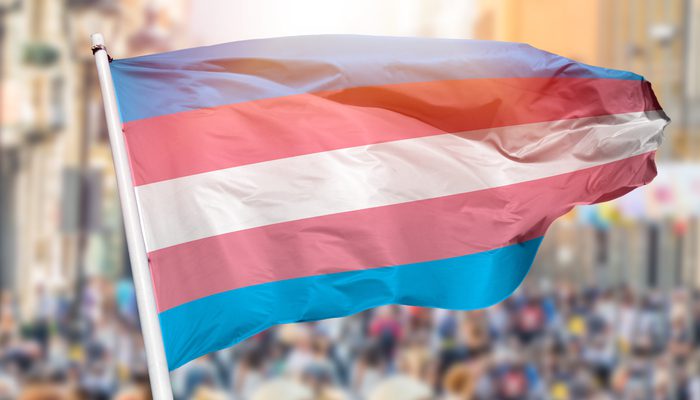Let’s call it as we see it. This Tuesday, Peru boldly labeled what many have been tiptoeing around for years; they officially classified transgender and intersex individuals as “mentally ill.” President Dina Boluarte put pen to paper, stating that an array of identity disorders, including “transsexualism, dual-role transvestism, and others, are now recognized as mental illnesses in Peru, this news coming to us via the Daily Mail.
Peru didn’t shy away from the implications of this move. They stood firm, explaining that this decision can aid those grappling with identity disorders, making “psychological treatment” more readily accessible. Basically, Peru is offering free health services to those wrestling with body and identity confusion. This significant shift pledges respect for individuals’ dignity and their actions, all in the context of human rights, the priority being their benefit.
This decision didn’t materialize out of the blue. It emerged a handful of days before the 34th anniversary of the World Health Organization (WHO) cutting “homosexuality” from the International Classification of Diseases (ICD) list. Notably, “transsexuality” was axed from the list in 2019. But unlike WHO, Peru has reshaped these identity terms as mental health illnesses.
Percy Mayta-Tristán, a local medical researcher, grumbled about this occurring in a “super-conservative society” and expressed concerns over opening the door to conversion therapy. Critics echoed his sentiments. But I would ask, isn’t transformation from an illusion a positive thing?
In the aftermath, users on various digital platforms seemed to cheer on Peru’s initiative. One individual, astounded, declared, “I never thought I would see the day Peru was more advanced then the US.” Views aligned, another user stated, “truth hurts.” The sentiment seemed to echo the thought that Peru succeeded in “making public what most people are thinking.” Comments ranging from “Good for Peru” to “they’re right” and “well done Peru” poured in.
It’s time we ask ourselves: when will the United States follow suit? The tendency to swerve away from uncomfortable conversations should come to an end. Let’s learn from Peru. Let’s face the reality of mental health in the world of identity disorders and apply those lessons to founded action. Here’s hoping this sparks a discussion, ignites a change, and ultimately, bolsters our nation’s journey towards understanding mental illness in a new light.



